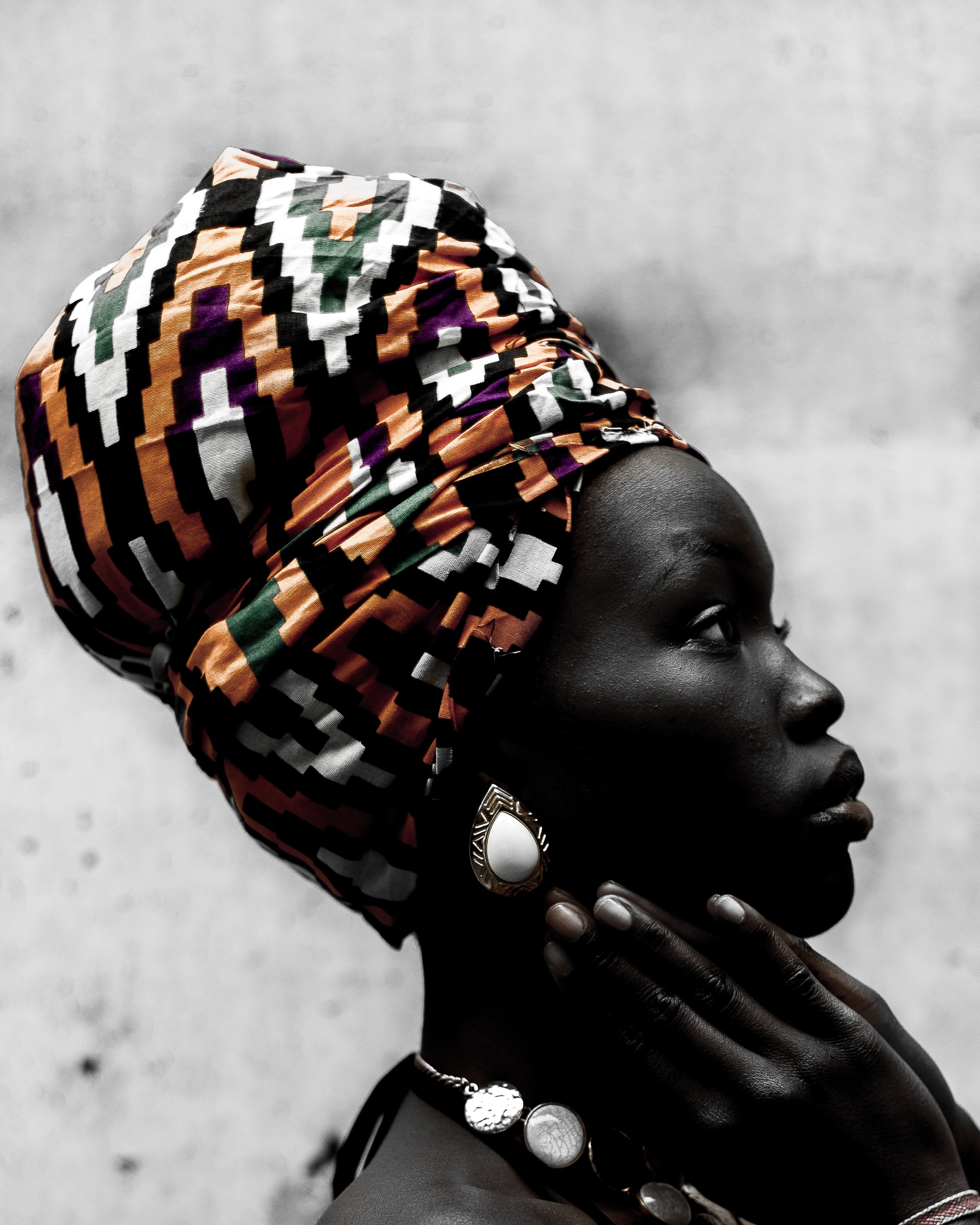Racially motivated mass evictions of African nationals in Guangzhou have not gone unnoticed by foreign families in Beijing. African nations in the past week have striven to seek answers from Chinese ambassadors posted in their respective countries as to the treatment of African nationals living in Guangzhou, in response to new fears of a second wave of COVID-19 infections in the South. Videos showing African nationals sleeping rough as a result of mass evictions have sparked global public outcry, coupled with reports of racially-selective testing for COVID-19 and forced quarantine procedures allegedly continuing unabated. Chinese officials seeking to reassure the world that the current measures being taken in the South are not racially motivated have done little to comfort international families here in Beijing, as fears spread of the same practices being instituted in the Capital.
Black and African families based in Beijing worry about what this might mean for them in the coming months. This also goes for families of color currently stuck abroad looking to return upon China’s borders reopening. Africans and people of color living and working in Beijing are no strangers to racial profiling in the city, with most commenting on routinely being stopped at ports of exit and entry, and being subjected to a myriad of questions while their white and Chinese counterparts are allowed to pass without incident. In recent weeks, rumors started spreading of Beijing-based restaurants turning away black patrons, without offering much in the way of explanations.

People of color in Beijing have long decried maltreatment in the city, from people refusing to sit next to them on trains to arbitrary photos being taken of them in public spaces, and derogatory language being used against them within earshot by Chinese nationals under the illusion that they do not understand Chinese. Black teachers often claim to be held to a higher standard at work, with parents preferring their white counterparts for their children, or parents expressing displeasure or apprehension at the prospect of their children being taught by black teachers.

It is against this backdrop that Beijing’s expat families continue to remain vigilant, fearing that events in Guangzhou and Wuhan will spill over to the Capital. Discussions rage on in various WeChat groups, as foreigners continue to voice their concerns, share videos and plan out exits should the situation become dire in Beijing.
“I think we are victims of vengeance and retaliation,” a Beijing-based mom and teacher notes. Concerned friends and relatives also continue to flood Beijing expats with messages of concern.
“I have received four calls today asking, ‘What is wrong with these people in China?’”, says another Beijing mom, adding, “the embassies need to take a stand.”
Which they have, to some extent, but even these responses from African nations like Nigeria, Ghana and Kenya have been widely denounced as “insufficient and ineffective” in the larger scheme of things. A member of the Kenyan government is quoted as saying, “Planes aren’t public busses”, when pressed on a possible repatriation of Kenyans affected in Guangzhou.
China is currently the single largest trading partner with Africa, investing over USD 220 billion in various African nations, and signing bilateral trade agreements with over 40 African nations, totaling USD 10 billion. It is for these monies that many believe Africa treads lightly when it comes to defending their citizens facing discrimination in China.
And in a city with a less prominent black and African population, the fear of the xenophobic and racist sentiments being applied broadly to foreigners regardless of race or nationality is high. For families who continue to be stuck abroad, the dread of being forced into quarantine when China’s borders open is currently the least of their worries.
“I am dreading what we will experience when we go back,” confesses a Beijing-based mom currently outside China. These are justified fears as nationalist sentiments continue to grow at an unprecedented rate. What seems to be escaping most people’s attention is the plight of children born of foreign parents, who have grown up in China and recognize China as their home. In a country where such duality is barely understood at the best of times, current racist sentiments will see these children pushed into a cultural no man’s land, children without a national identity as the one they would wish to claim for themselves so forcefully repudiates them.

In certain WeChat groups, those expressing concern over overtly racist sentiments becoming active in Beijing are met with the dismissive, “If you don’t like it, you can return to your home country” rhetoric, which further cements the sentiment that China is for the Chinese and that is how it must remain. Anyone who has relocated to China understands just how difficult packing up and leaving China at the first sign of trouble can be. For starters, the process of being granted permission to live and work in China is exhaustive and time-consuming. Those who move here now identify China as their country, even if just for a season, and the process of decoupling oneself from this country could be just as complicated as the initial plans to move here. China’s foreign residents also invest a lot in the way of their children’s education, where Chinese public education is largely unavailable to those without a Chines hukou. Severing such ties is difficult.
Most importantly, it is the sudden and rapid nature with which the situation escalated in the South which has many so worried. Before the mass evictions, there had been no signs of such rapid action being taken against African residents in the South. They and the rest of the foreign population in China were entirely blindsided. Even though Beijing is held to a different standard than the rest of China, it is hard to definitively say whether such events might unfold here, should a fear of a second wave of infections persist. And as the situation seems to be slowing down in Guangzhou, foreign families in Beijing continue to seriously weigh their options, wondering whether remaining in China, with all its attendant difficulties is truly worth it, and some continue to count down the days until they can Ch-exit.
Photos: Unsplash




